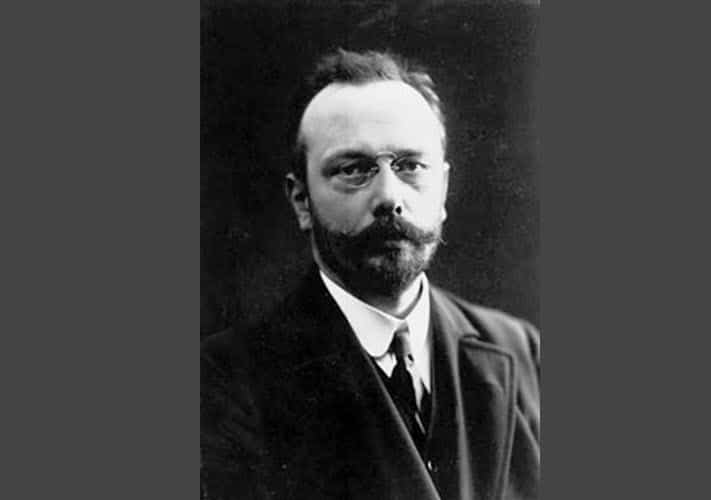Johannes Fibiger: Unraveling the Mysteries of Cancer

Johannes Fibiger (23 April 1867 – 30 January 1928) was a Danish physician and pathologist. He was awarded the Nobel Prize in Physiology or Medicine.
Life and Career
He was born on 23 April 1867 in Silkeborg, Denmark. He received his medical education at the University of Copenhagen in Denmark, where he earned his medical degree in 1890. After completing his medical studies, Fibiger continued his education by studying pathology and bacteriology in Berlin, Germany, under the guidance of renowned German pathologist Rudolf Virchow.
After returning to Denmark, Fibiger began his research career as a pathologist at the University of Copenhagen and the State Serum Institute in Denmark, where he conducted studies on various infectious diseases, including tuberculosis, diphtheria, and syphilis. He is best known for his controversial work on the relationship between cancer and a parasitic roundworm, for which he was awarded the Nobel Prize in Physiology or Medicine in 1926.
His discovery of the roundworm was based on his observation of tumors in rats that had been infected with the parasite. He hypothesized that the roundworm was the cause of the tumors and that the parasite’s presence in the body led to the development of cancer. However, his theory was later found to be incorrect, as subsequent research showed that the tumors were caused by factors unrelated to the roundworm.
He was a professor of pathological anatomy at the University of Copenhagen and served as the director of the State Serum Institute in Denmark. In addition to his research, Fibiger was also an advocate for public health and played a key role in developing strategies to control the spread of infectious diseases in Denmark. He died on 30 January 1928 in Copenhagen, Denmark.
Award and Legacy
He was awarded the Nobel Prize in Physiology or Medicine in 1926 for his discovery of a parasitic roundworm that he believed was the cause of cancer.
Today, his legacy is remembered in the scientific community for his contributions to medical science, as well as for the controversy surrounding his work on cancer. His discovery of the roundworm and his subsequent Nobel Prize recognition demonstrate the importance of scientific inquiry and the ongoing quest for knowledge and understanding in the field of medicine.
Observer Voice is the one stop site for National, International news, Sports, Editor’s Choice, Art/culture contents, Quotes and much more. We also cover historical contents. Historical contents includes World History, Indian History, and what happened today. The website also covers Entertainment across the India and World.

